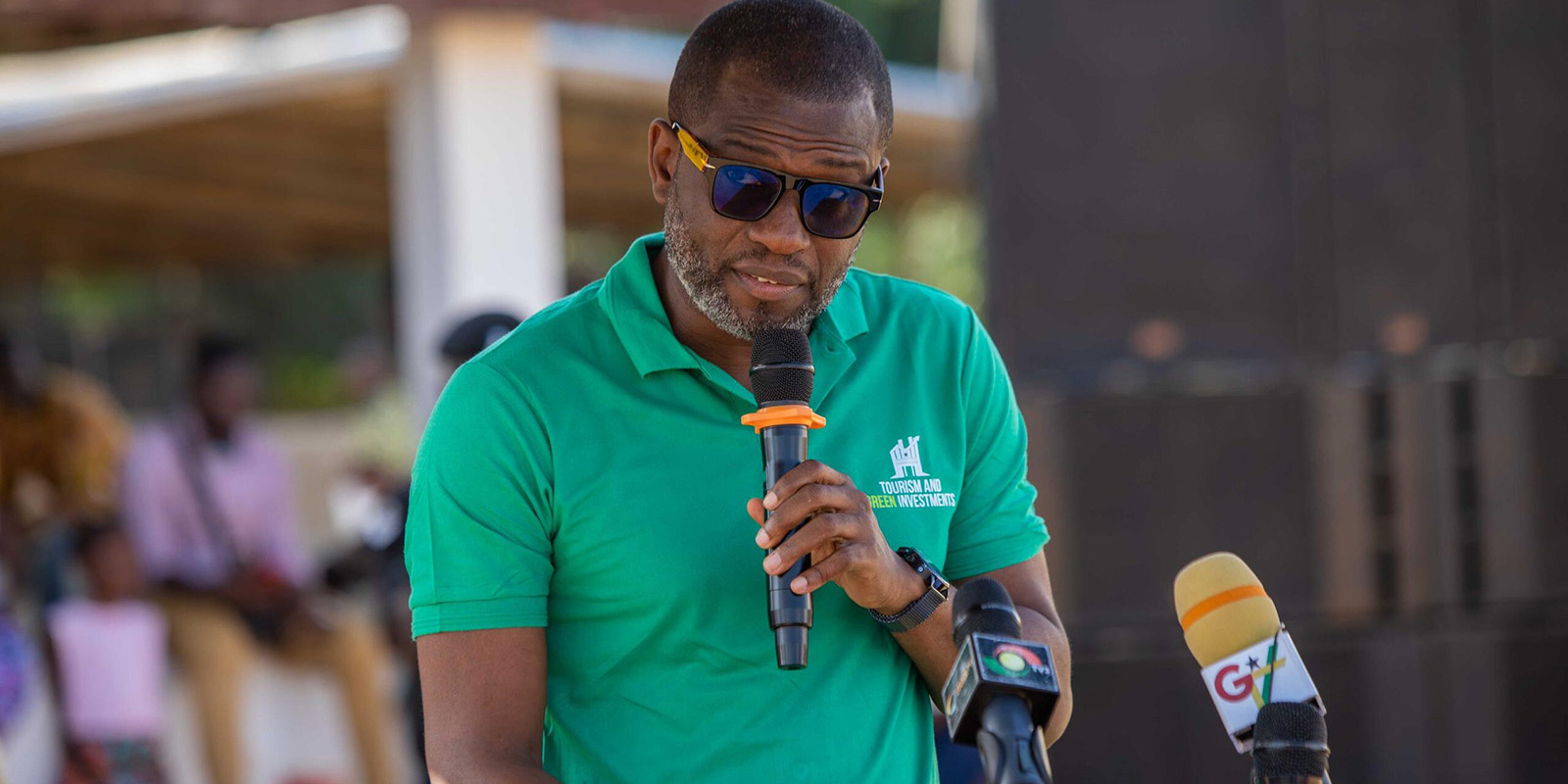In order to preserve cultural legacy and advance national development, the government is now evaluating the nation’s cultural policy.
In order to fully utilize Ghana’s priceless resources and direct them toward nation-building initiatives for the good of all Ghanaians, a revised culture policy is required. This will establish a thriving cultural environment that promotes social cohesion, national identity preservation, and economic prosperity.
This was said during a statement given at a UNESCO Regional Periodic Report workshop on Intangible Cultural Heritage (ICH) on behalf of Mr. Mark Okraku Mantey, Deputy Minister of Tourism, Arts, and Culture.

Enhancing Capabilities for Regional Periodic Reporting Under the 2003 UNESCO Convention for the Safeguarding of Intangible Cultural Heritage in Ghana is the focus of the workshop.
As part of the Convention, participating nations are required to provide UNESCO with systematic, periodic statistics on the preservation of living cultural assets.
Ghana adopted the UNESCO Convention in 2003 in order to safeguard its intangible cultural assets in 2016.
In order to motivate us to gather data on the condition of our ICH elements and outside the boundaries of the convention, submitting the report to UNESCO is a good obligation and requirement, he stated.
The Deputy Minister stated that in order to enhance the history of the nation, it was necessary to accurately record the numerous modifications and effects of our ICH.
The Ministry, according to Mr. Okraku Mantey, is committed to the workshop since the knowledge that will be generated from it will aid in handling cultural heritage information appropriately.
In order to effectively submit information on the situation of intangible cultural assets to UNESCO, he urged attendees to support the National Folk Board (NFB).
The Executive Director of NFB, Mrs. Bernice Ann Deh-Kumah, stated that it was challenging to address issues without understanding the current state of affairs due to a lack of knowledge of the scope and depth of the ICH.
She noted that in order to overcome the difficulties, Ghana received funding from France to hold a workshop aimed at enhancing participants’ capacity to spread knowledge about ICH to real-world communities around the nation.
She stated that Ghana had created the first national ICH record and had applied to UNESCO to have traditional woven fabrics, known as Kente, included on a list that represents humanity’s cultural heritage.
She emphasized that ICH was still very important for addressing issues like climate disruption in addition to fostering peace and cultural diversity.
Representative of UNESCO Ghana, Mr. Carl Ampah, stated that the nation can keep an eye on the successful implementation of the Convention at the national level by submitting reports on a regular basis.


